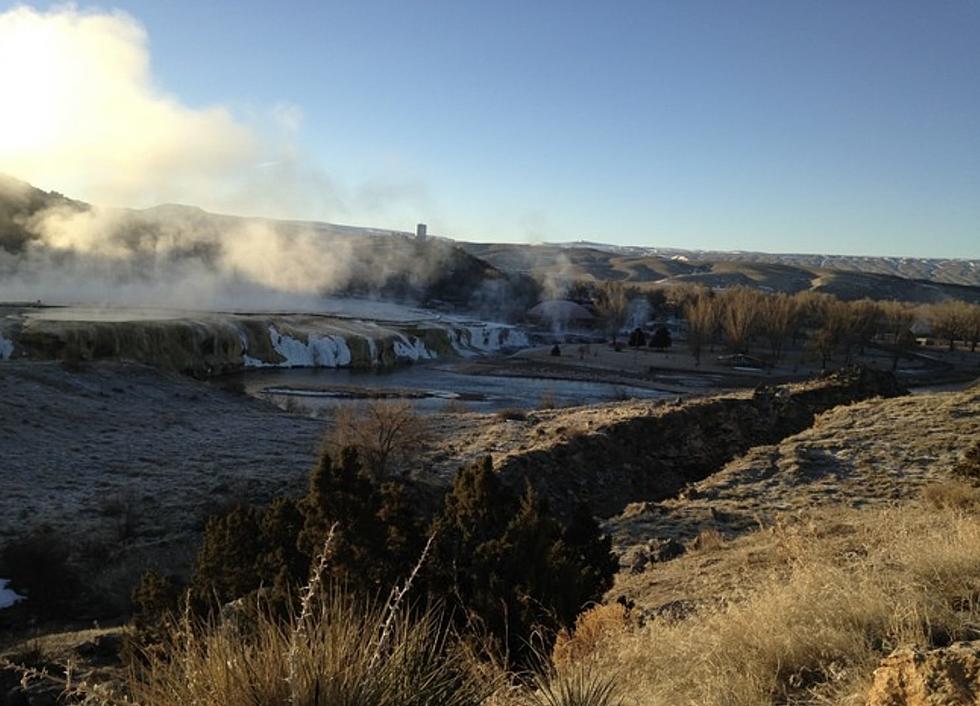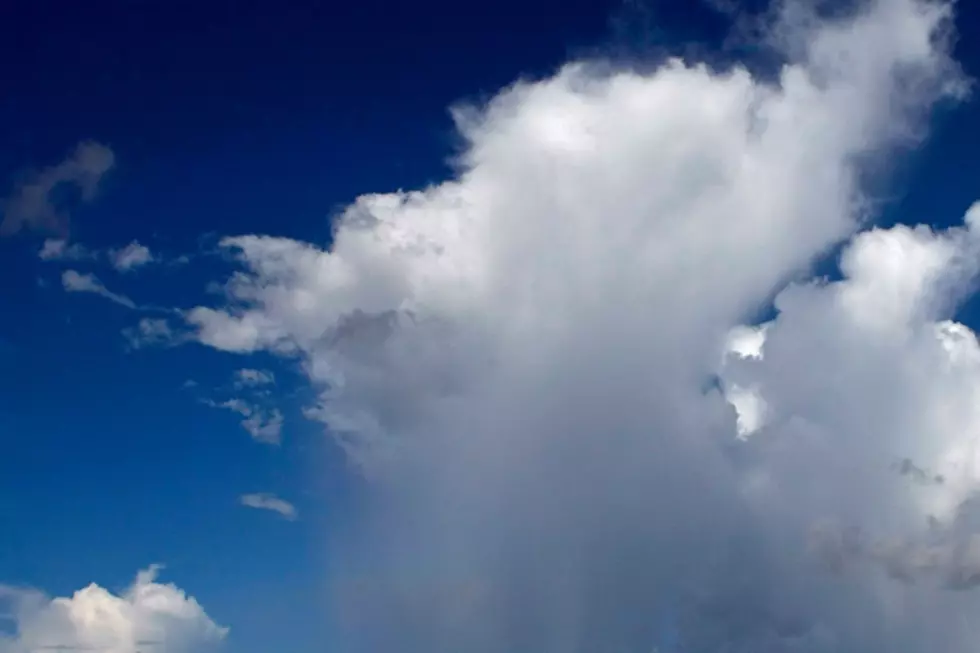Wyoming Cloud Seeding Research Needs Two More Years
A cloud seeding research project in Wyoming needs two more years and another $2.4 million to be considered scientifically complete, project officials say.
The state has invested about $11 million since 2005 in the project, which seeks to determine whether cloud seeding increases the amount of snowpack in several of the state's mountain ranges.
Most of Wyoming's water supply comes from winter snowfall rather than summer rain. Supporters of the project say increasing the state's winter snowpack would provide more water for communities and irrigation and would be cheaper than building new dams and reservoirs.
Barry Lawrence, project manager with the Wyoming Water Development Office, said the Wyoming Water Development Commission and Legislature must approve the request to extend the research project to March 2014. The water commission has already given preliminary approval to the extension.
Sen. Gerald Geis, R-Worland and chairman of the Legislature's Select Water Committee, said his committee likely will endorse the extension and to recommend the Legislature do so as well.
"I think we need to complete it," Geis said, noting the money the state has already invested and the potential for a definitive answer on whether cloud seeding would boost the state's snowpack.
While the state is looking at potential cuts in general fund spending in future budgets, the money for the cloud seeding project comes out of a separate water development fund that is supported mostly by severance taxes.
The project began in 2005 with $8.25 million for five years from the Wyoming Legislature. In 2010, the Legislature added another $2.85 million and extended the project for two more years.
Lawrence said lawmakers were made aware in 2010 that they would be asked again in 2012 for two additional years and more funding. Extending the project into 2014 would provide enough data to obtain credible results that would withstand scientific scrutiny, he said.
While he declined to speak about what results have been found so far, Lawrence said the project was going well and was "very exciting."
"The preliminary results are looking good," he said.
Lawrence noted that the Wyoming study is unique in that its results were being independently analyzed by the National Center for Atmospheric Research. Dan Breed, NCAR scientist involved with the project, said ending the project now would leave room to question its results.
"It's not as if it's worthless, but it certainly would degrade its value," Breed said.
More From K2 Radio








